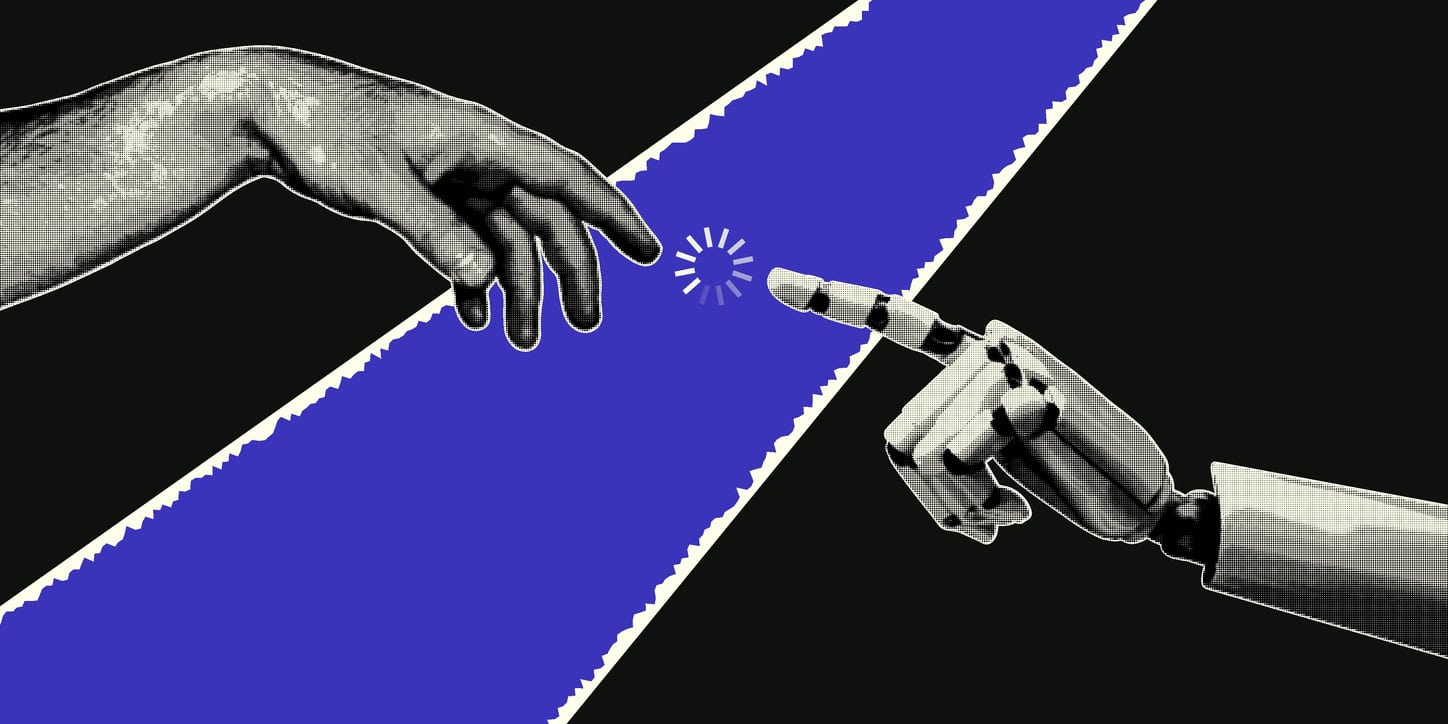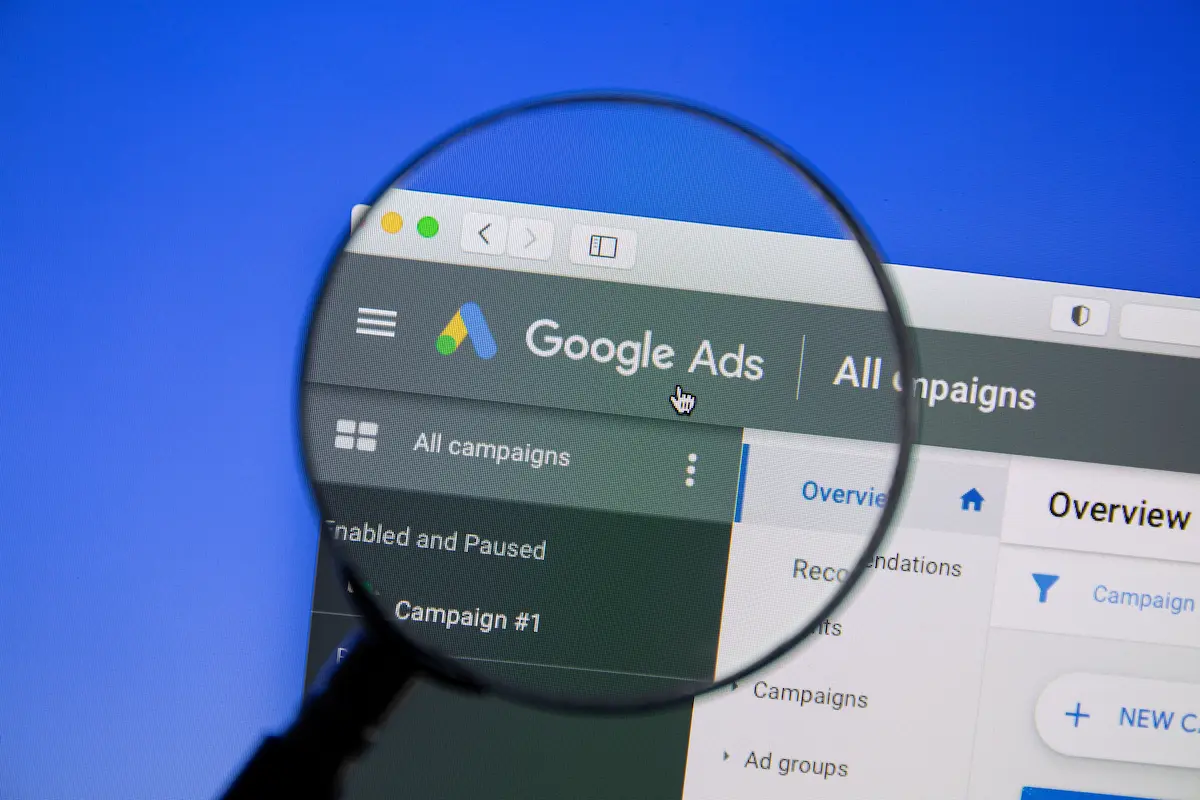The single most important component to your marketing success
It’s not your service (although that’s super important). It’s not your team. It’s not your product. The single most important component of your marketing is:
People buy on emotion, on feeling!
People will choose to buy from you on how you make them feel, on how they connect with you on an emotional level. And only then will they justify that ‘gut feel’ based on features, benefits and service. Humans as creatures are driven by their feelings. Yet most of us continue to come back to messages around “How good our product is” or “better service than our competitors”.
This concept of people buying on emotion is based on science and research. Read this article for more insights: https://www.inc.com/logan-chierotti/harvard-professor-says-95-of-purchasing-decisions-are-subconscious.html
That’s right, it’s not features, and it’s not benefits!
So stop marketing and selling your product with features and benefits as your core message. They play a secondary part, so let’s treat them as secondary.
It’s the connection to your why!
As a wise man named Simon Sinek keeps reminding us, people will choose to buy from you over others because of how your ‘why’ makes them feel, how it creates the emotional connection for them to go “That’s bloody awesome, need to get me one of those”.
It’s about the feelings you ignite
Tony Robbins so powerfully summarises it for us by explaining that sales and marketing is all about how you make me feel. The more powerful (in a positive way) you make me feel the more successful your marketing is going to be.
It’s about the dreams, hopes and aspirations you sell
Guy Kawasaki so aptly communicates this principle in his keynote education piece “Selling the Dream”. It’s what puts the fire under your target audience to want to work with you, to buy your products over your competitors.
So what are you really selling?
Which brings us to the real question: What are you really selling? What is the emotional connection that you are creating with your customers. What’s the inspiration, hope, dreams and beliefs that you are bringing to your target audience?
Which also means…
You need to know your target audience better than they know themselves. You need to be clear on what is going to push their buttons, you need to intimately know what their dreams, pain points, beliefs and wants really are. And quite often it is different from what they tell you it is (but more about that next time). As Henry Ford once said something along the lines of “If I asked my customers what they wanted, I would have had to make faster horses”.








